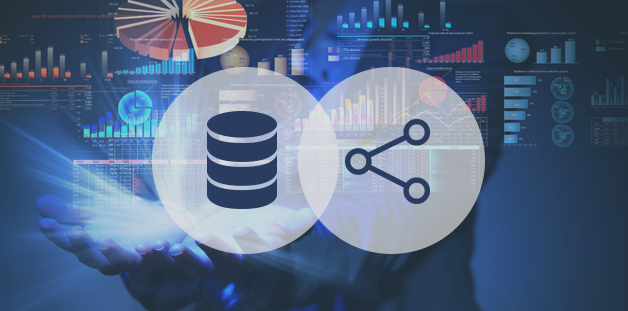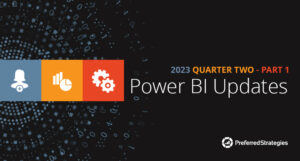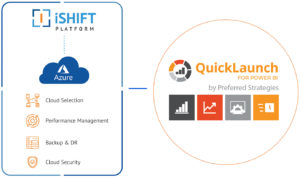Regardless of whether or not our customers report off Live data or our Operational Data Store (ODS), the reports and report development experience are the same. Therefore, the primary reasons, to pursue a data warehouse are if you have more than one production instance of JD Edwards or your need to integrate data from various systems within one report, which can be done against live data, but depending upon the integration, may become easier with a data warehouse. If you are looking for an automated warehouse design and construction then you may be interested in certain companies such as Primus Builders. In addition with a data warehouse, you can isolate the database to be used for Query and Reporting to a separate server in order to minimize the impact on transactional users. In a data warehouse you can create custom tables and views and aggregated tables. In theory, you might anticipate better performance with a data warehouse, however, you may be surprised on how quickly reports process against your transactional data with very little if any impact to your transactional users.
The drawbacks to a data warehouse are that you are now adding another layer into the mix which must be maintained by IT. Customers who want to alleviate IT resources as a bottleneck to report development for end users should not implement a data warehouse as it will only require more reliance on IT resources than reporting off of live data. The data in a data warehouse must be refreshed on a periodic basis, this may or may not be acceptable to end users. For instance, when the finance department is closing their books at month-end, and they post a journal entry and immediately want to see the impact to the Income Statement or Balance Sheet, the new data will not be in the data warehouse yet, so reports directed to the data warehouse will only return the desired results after it has been refreshed with the most recent data from the transactional systems.
We recommend to all customers who pursue a data warehouse that they should consider a blended approach of live data and a data warehouse as that will provide them more flexibility and create a stronger customer data platform to analyze and predict future transactions when compared to a data warehouse only approach. To make a recommendation whether or not a data warehouse makes sense, we need to further investigate your IT resource expertise as well as your objectives to see if this makes sense. If you are new to Business Intelligence, it is much easier to start your experience against your live data. You can migrate to a data warehouse in the future and if you are using the Preferred Strategies BI Quick Launch for JD Edwards it is a seamless process to migrate your reports to the Preferred Strategies Operational Data Store for JD Edwards in the future.









